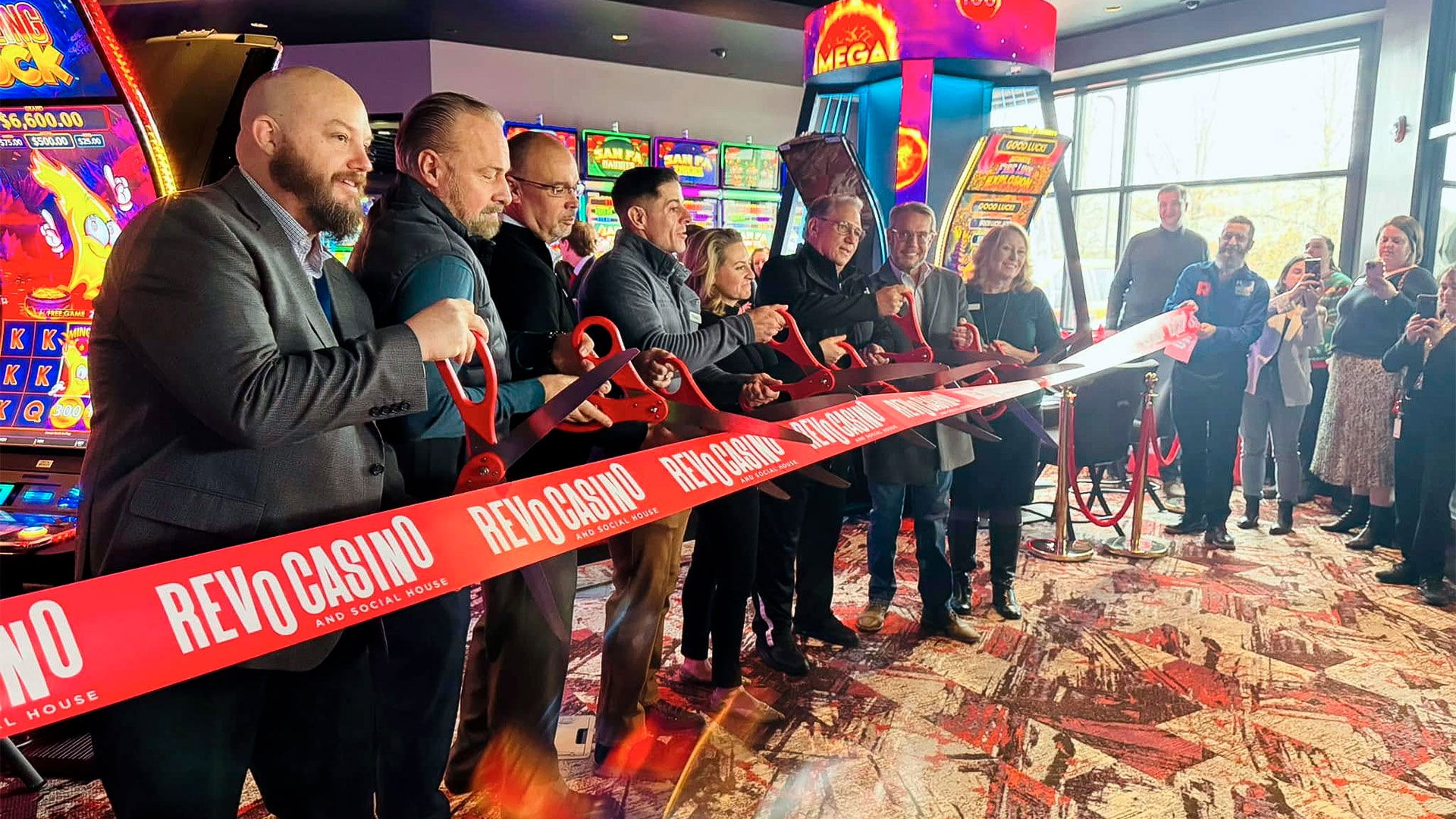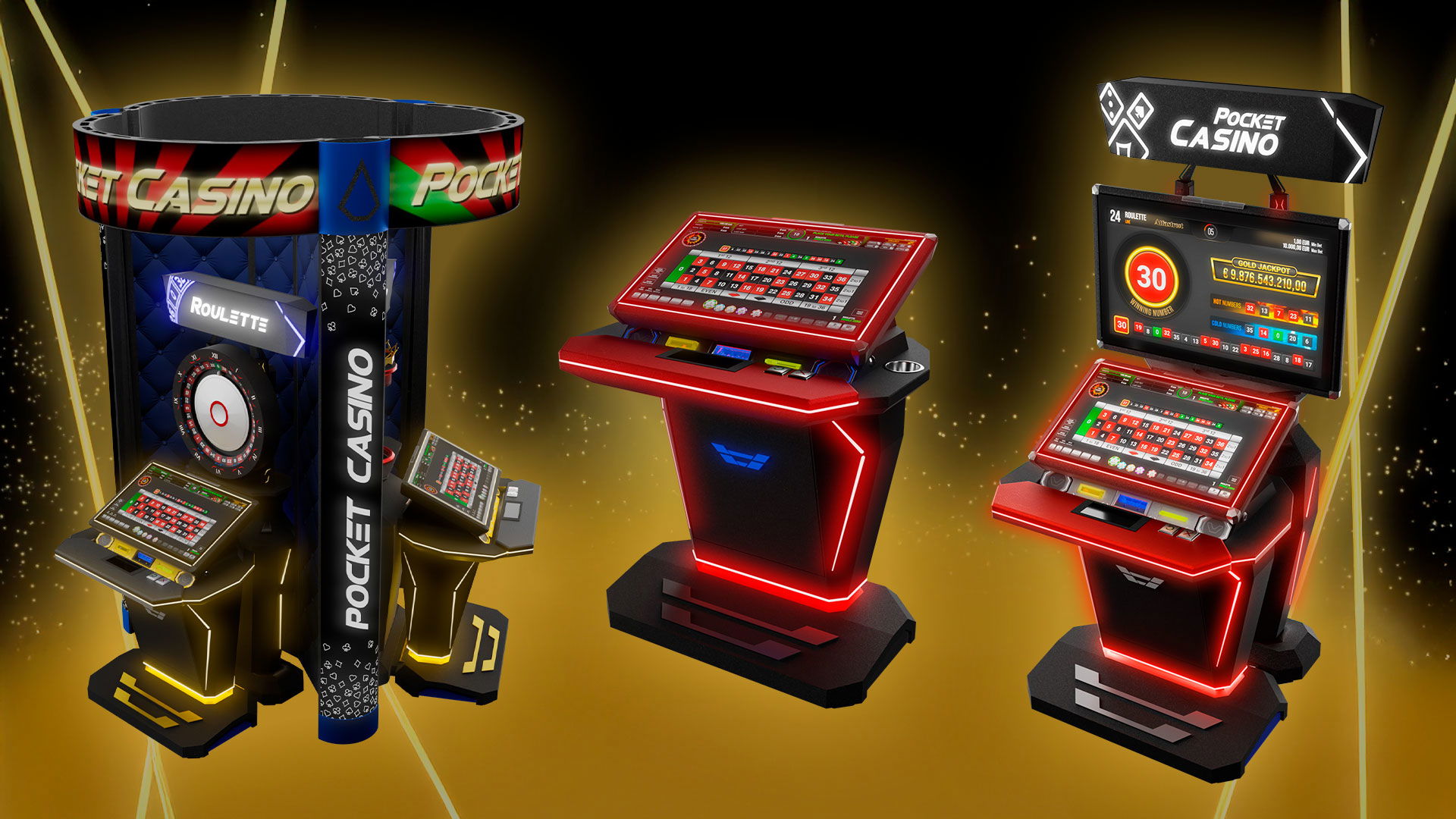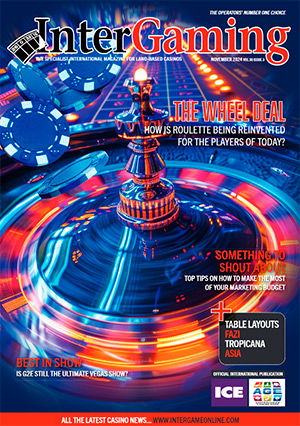New Hampshire gaming committee proposes addition of slot machines to casinos

A commission reviewing New Hampshire’s charitable gaming industry has recommended that lawmakers consider allowing slot machines in state casinos. The move, aimed at boosting revenue, has also raised concerns about gaming addiction and community impacts.
The commission suggested in a recent report that slot machines, if permitted, should operate at the same pace as existing historical horse racing (HHR) machines. Unlike traditional slots, HHR machines run on a pari-mutuel betting system, allowing players to bet on past horse races with a minimum five-second delay between plays, providing a slower pace than typical machines.
State Sen. Tim Lang of Sanbornton, a member of the gaming committee, cited potential financial benefits from the introduction of slot machines. Lang said: “We want to make sure that the speed of play is consistent with what’s currently being used in HHR. There was some concern amongst the responsible gaming people that it’s a little addictive if it’s allowed at its full throttle speed.”
Slot machines would not be allowed without legislative action, requiring the New Hampshire Legislature to pass a bill before any changes could be implemented.
Currently, New Hampshire’s table game revenue model aligns with national standards, distributing 35% of earnings to charities, 10% to the lottery commission, and the remainder to the casinos. HHR machines follow similar revenue splits. With 14 active casinos in the state and at least four more in development, revenue distribution remains a critical issue.
However, local communities have mixed feelings about expanded gaming. In cities like Nashua, the concentration of casinos has led to concerns over the effect on local culture. House Bill 1223, which would have given municipalities the choice to allow or reject casinos, passed both the House and Senate this year but stalled before reaching Governor Chris Sununu’s desk. Patrick Abrami, chair of the study commission, said: "There’s nothing wrong in communities having ordinances about this — whether they want them, or whether they don’t want them.”
The commission also recommended establishing a joint House and Senate panel to review how charities are chosen for casino donation schedules. Over 800 charities depend on these contributions, yet many face challenges securing partnerships with casinos, which currently have broad discretion over donation recipients. This often leaves charities uncertain of their selection status.

















































